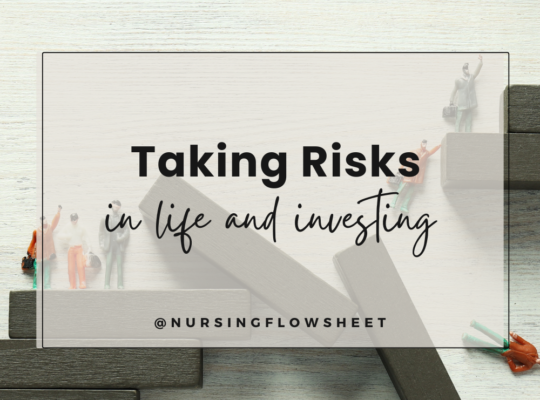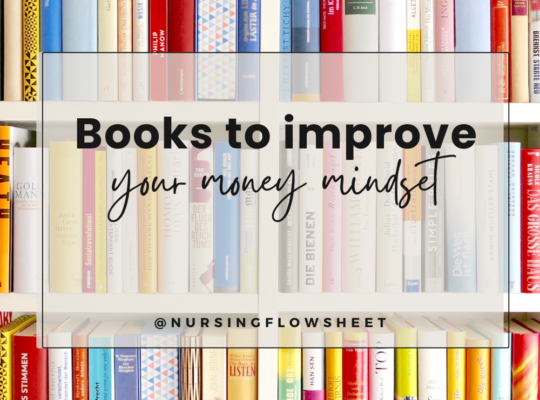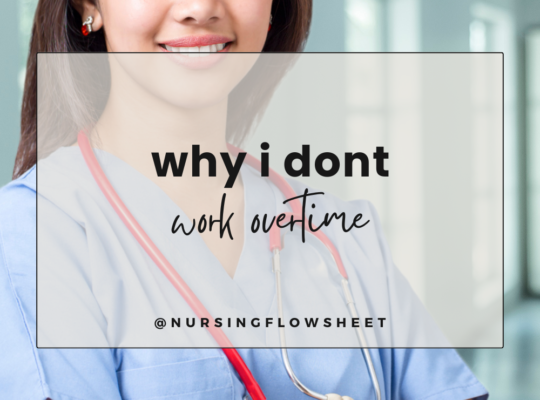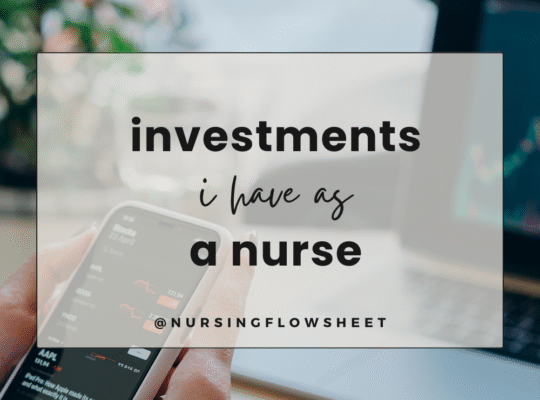And why it might be beneficial for you if you are pregnant or expecting a new baby..
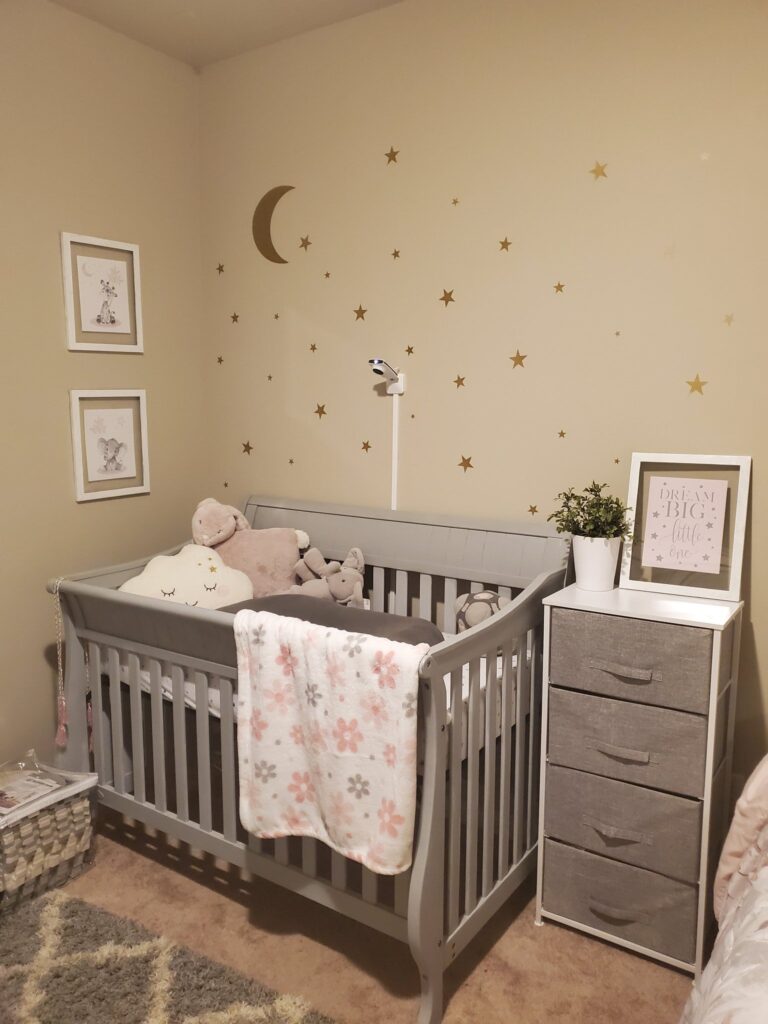
Having a baby can be very expensive especially if you’re a new mother. Not only do you have to buy baby essentials like car seat, clothes, crib but also have additional expenses in the future like childcare, doctor visits, healthcare expenses that can definitely add up.
I am currently 37 weeks pregnant, and I decided to take advantage of opening a Flexible Spending Account.
What Is a Flexible Spending Account?
An FSA or flexible spending account is a healthcare savings account that helps you put money aside for out-of-pocket healthcare expenses. Similar to retirement accounts, FSA contributions are tax-free so these funds are taken out of your paycheck before income tax and social security tax
If you or your spouse has a job with benefits, you most likely have access to a Flexible Spending Account.
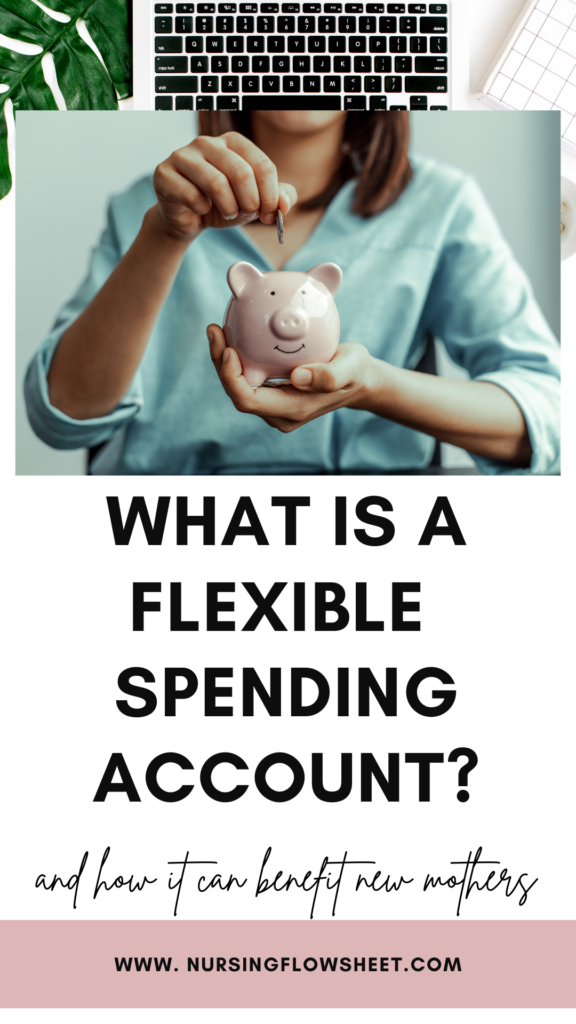
How FSA Accounts Work
To use your health FSA, you typically designate that a certain amount of your paycheck go into this account each month. For 2022, the maximum contribution is $2850 per year. I put away around $100-$200 a month on my FSA.
Accounts are usually set up one of two ways: either you can set up an account with your employer and receive a debit card you can use or you can save all your receipts and get reimbursed.
Why FSAs Are Helpful When You’re Having a Baby
Health FSAs can be used to pay for a wide range of medical expenses, many of which you’ll be spending more on during your pregnancy and once you have a newborn. Some of the things that I used the funds for for this pregnancy are:
- Breast Pump -While a breast pump is usually covered under your regular insurance, you may wish to buy a second breast pump so you can have one at home and one at work. I used FSA money so I can have a portable pump at work.
- Breast Pump Accessories
- Doctor visit co-pays
- Lactation consultants and OTC medications
- Baby health items – thermometers, pulse oximetry
- I also plan on having LASIK surgery at the end of the year and will be using my FSA money for it
The Downside of FSAs
The major downside of using a health FSA is that they are use-it-or-lose-it accounts. The funds in FSA expires (unlike the ones in your HSA Account)
That means that whatever you put into an FSA has to be spent within a 12-month period, although some accounts let you roll $500 over into the next year, and others let you have a grace period of up to March 15 to spend your money. Still, if you’re not careful, you can potentially lose a lot of money in these accounts.
That’s why, if you are going to set up an FSA, you need to budget wisely. You can look through your bank statements from the past two years to find out how much you usually spend on prescriptions, doctor’s visits, etc. And then try to estimate everything you think you’re going to purchase in the coming year.
Also, if you get fired or leave your job before the year is up, you’ll forfeit any money left in your account. So if you plan to quit after your maternity leave, beware!
In Conclusion,
Opening a flexible spending account may be beneficial for you if you are a new mother, but make sure you know the rules and the downsides of opening an account.


